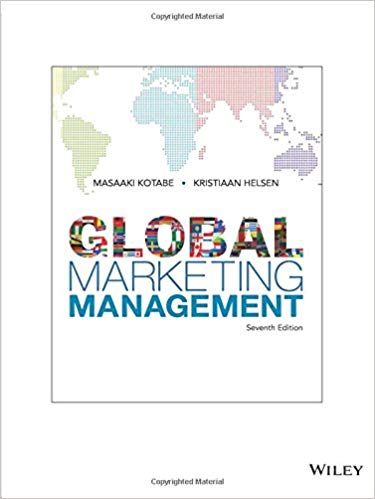Electronic commerce (e-commerce) blurs the distinction between a good and a service. Under the WTO, goods tend
Question:
Electronic commerce (e-commerce) blurs the distinction between a good and a service. Under the WTO, goods tend to be subject to tariffs; services are not, but trade in services is limited by restrictions on “national treatment” or quantitative controls on access to foreign markets. For example, a compact disc sent from one country to another is clearly a good, and will be subject to an import tariff as it crosses the national border. But if the music on the disc is sent electronically from a computer in one country to another on the Internet, will it be a good or a service? Customized data and software, which can be put on CD, are usually treated as services. What kind of confusion would you expect with WTO overseeing increased transaction on the Internet?
Step by Step Answer:

Global Marketing Management
ISBN: 978-1119398332
7th edition
Authors: Masaaki Kotabe, Kristiaan Helsen




